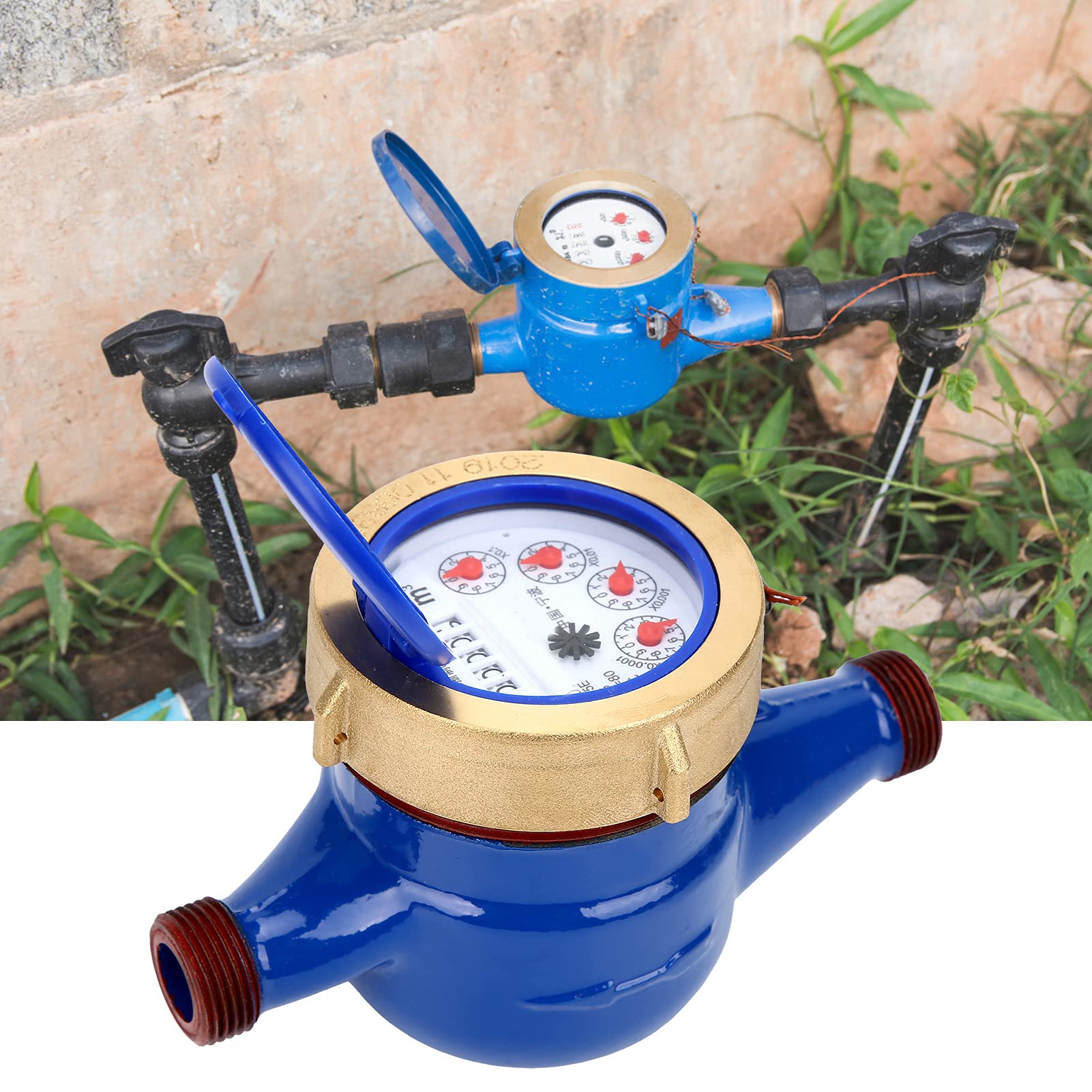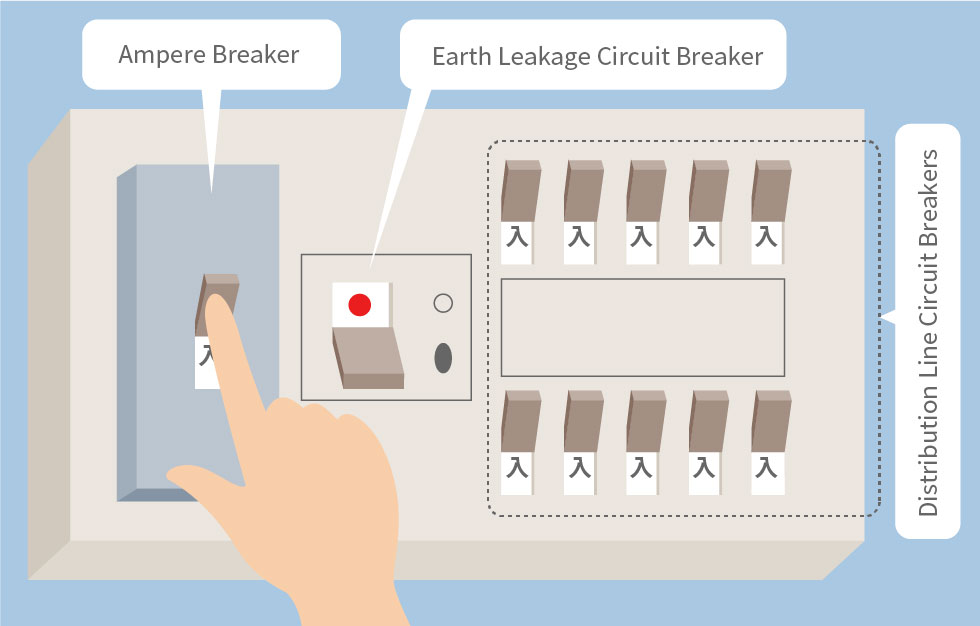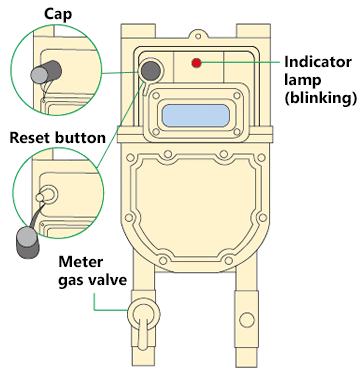Summary:
In an emergency such as an earthquake, typhoon, or major leak, you may need to shut off utilities to prevent fire, flooding, or electrical accidents.
This guide explains how to safely turn off water, gas, and electricity in a Japanese home.
 💧 1. How to Shut Off the Water Supply
💧 1. How to Shut Off the Water Supply
Water should be shut off when:
You notice leaks or burst pipes.
The property will be unoccupied during a disaster.
The city water department instructs residents to do so.
🪛 Steps:
-
Locate your main water meter box (量水器ボックス / ryōsuiki box) — usually found:
Outside near the entrance or parking area
In the ground, covered by a blue or silver metal lid
Open the lid carefully using a screwdriver or handle.
-
Turn the main valve clockwise (to the right) until it stops.
This shuts off all water inside the house.
💡 Tip: If water is leaking inside a wall or ceiling, close the main valve immediately and contact Saki Corporation.
☎️ 098-923-0454
Reference: Okinawa City Water Bureau (JP)
🔥 2. How to Shut Off the Gas
Gas should be shut off if you:
Smell gas (rotten-egg odor).
Hear hissing sounds from pipes or equipment.
Experience earthquake shaking, or if instructed during a disaster.
⚙️ Steps:
-
Locate the main gas valve (元栓 / motosen):
Usually beside the gas meter outside your home or balcony.
The meter is a gray box with a red button and two connected pipes.
Turn the main valve knob 90° to the right (horizontal position) to stop gas flow.
-
Do not turn it back on until:
The smell has cleared, and
A technician or your gas company confirms it is safe.
⚠️ Never use flames or electrical switches if you suspect a gas leak.
Open windows for ventilation and leave the building immediately.
Reference: Tokyo Gas – Gas Safety Guide (EN)
 ⚡ 3. How to Shut Off the Electricity
⚡ 3. How to Shut Off the Electricity
Electricity should be turned off when:
There is flooding, water leaks, or burning smell from outlets.
You see sparks or smoke from appliances.
The property has suffered typhoon or earthquake damage.
🔌 Steps:
Locate your breaker panel (分電盤 / bundenban) — typically near the entrance or in a closet.
Switch the main breaker (主幹ブレーカー) to the OFF position.
Turn off individual circuit breakers (labeled for rooms or appliances).
⚠️ Turn off the main breaker before power is restored if flooding occurred — this prevents electrical fires.
Do not touch wet breakers with bare hands.
Reference: Okinawa Electric Power – Outage & Safety (JP)
🧯 4. When to Shut Off All Utilities
| Situation | Water | Gas | Electricity |
|---|---|---|---|
| Earthquake or strong shaking | ✅ Yes | ✅ Yes | ✅ Yes |
| Typhoon or flooding | ✅ Yes | ⚠️ If leak | ✅ Yes |
| Fire | ✅ Yes | ✅ Yes | ✅ Yes |
| Extended absence (7+ days) | ✅ Yes | ✅ Yes | ✅ Optional |
| Gas smell or leak | 🚫 No need | ✅ Immediately | ⚠️ If necessary |
| Major leak / pipe burst | ✅ Immediately | 🚫 | ⚠️ If flooding near outlet |
⚠️ Always prioritize safety — if unsure, shut everything off and contact Saki Corporation or emergency services (119).
🔎 5. After the Emergency
Once the area is safe:
Reopen water and electricity gradually to check for damage.
Do not reopen the gas valve yourself if it shut off automatically — contact Saki Corporation.
If any utility does not function normally, report it to our office.
☎️ 098-923-0454

Comments
0 comments
Please sign in to leave a comment.